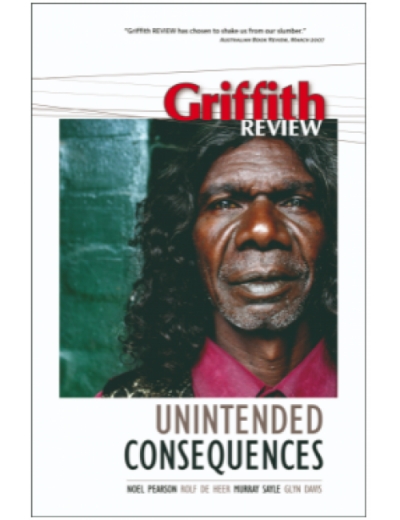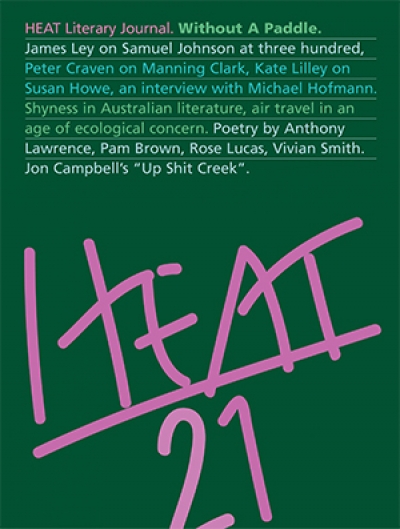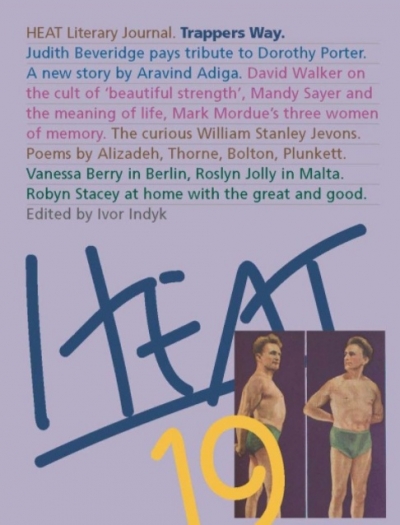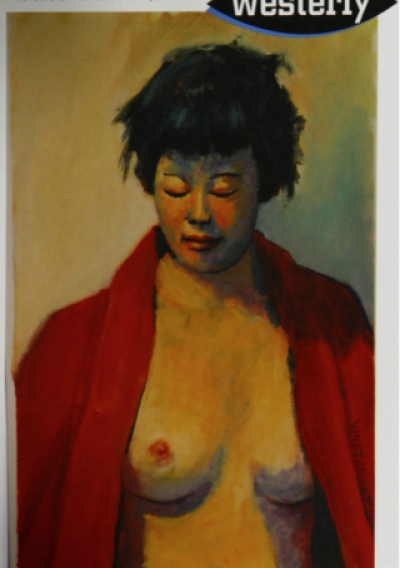HEAT
I have to admit that I’m a magazine junkie. With the possible exceptions of golfing and bridal magazines I’ll read any magazine – from the trashy tabloid to high-brow literary – anywhere; anytime; dentists’ waiting rooms, doctors’ waiting rooms, hairdressers’ salons and, most of all, public transport. In fact, magazines are made for public transport. Unlike reading novels you can finish an article, story, or review in the space of a P.T. trip without the narrative being interrupted by annoying practical details like getting off. Buying a magazine and making it last over a week of P.T. transport is an art, as is choosing the right magazine for the right journey. It’s not an exact science but there are compelling reasons for giving this matter serious consideration.
... (read more)Griffith Review 16 edited by Julianne Schultz & HEAT 13 edited by Ivor Indyk
Westerly edited by Delys Bird and Dennis Haskell & HEAT edited by Ivor Indyk
I would now like to begin with a plea for small literary magazines. I now have a vested interest in their survival (well, one, in particular), but then, I always thought I did. Little magazines are essential to the vitality of Australian literary and political culture. They play an important role in nurturing new poets, critics, storytellers, and reviewers. In the current book-publishing climate, there are few other opportunities for publishing short stories, experimental fiction, or poetry. Small magazines instigate and foster cultural debate and present a diverse range of opinions. Many of the most important issues in Australian public life today were first raised and discussed in literary magazines, including the stolen generations and racial ‘genocide’, the perils of economic rationalism and globalisation, the politics of One Nation, and the implications of new media technologies.
... (read more)



